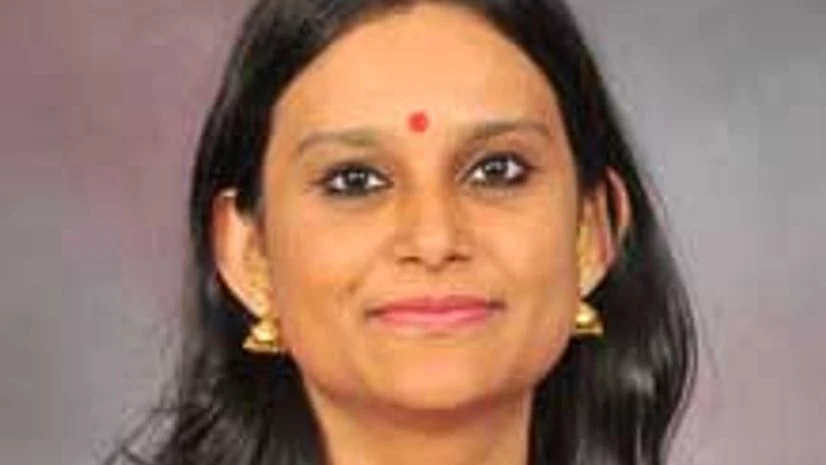Abanti Sankaranarayanan, managing director of Diageo India, is quietly putting in place a slew of strategic measures to drive operations after Diageo plc acquired a 54 per cent stake in United Spirits for Rs 18,500 crore. In an exclusive interaction with Raghuvir Badrinath, Sankaranarayanan explains the dynamics of aligning with United Spirits. Excerpts:
It has been an year since Diageo acquired strategic control of United Spirits and put in a sales agent contract for Diageo brands in India. What have been the key learnings so far?
It's been an exciting ride, particularly in the wake of the completion of Diageo's transaction with United Spirits. Suddenly, Diageo's commitment to the market has multiplied and we are learning and adapting fast to the new scenario. United Spirits' strong route-to-market war machine has given a fillip to our brands in India, which have seen a 22 per cent growth in volumes while parallely delivering 40 per cent growth to our top line.
More From This Section
How difficult it has been to tune the United Spirits sales network to the more premium brands of Diageo?
Diageo India has been activating intense marketing measures along with United Spirits, and despite the weak economic scenario during the last year, we have been able to withstand and grow our business. United Spirits' brands are in a sweet spot and provide the best platform for the consumer to premiumise as every segment is uptrading. We are working closely with United Spirits brands such as Signature and Antiquity and will further sharpen the team's finesse to sell premium brands.
After the sales network integration, isn't it a matter of time before Diageo India is integrated with United Spirits as well?
As of now besides the sales agreement, which is being fine-tuned, there is not much of an update. We are happy with the sales agency operating model. However, the United Spirits board may be studying various options of how operations can be done more synergistically. We will continue along the growth trajectory which we have been on for the past four years, and going forward it will be more evolutionary and not revolutionary.
The United Spirits network sure has given us a good leg-up and it will continue. The influence on United Spirits is more through leadership as well as changes on the board. I am involved only to the extent of how we can leverage the United Spirits network for Diageo brands. There is a three-year road map which is being fine-tuned and which may be concertised shortly as to how the brand portfolio should look like, both from United Spirits' as well as from Diageo's lens.
What have been the pain points of integrating the sales network?
I would not term them as pain points, but it is more to do with organisational learning. When you have a new partner you need to make sure that as a sales agent one really understands how to sell and what motivates consumers. We have worked collaboratively to share knowledge. Transferring the knowledge of our brands is the key, while understanding United Spirits' deep network and how to position our brands is another learning. Are we completely there? May be not, but I feel that 80-90 per cent of that process is done.
The Kerala government's move to roll out prohibition came as a shock. How is Diageo addressing it?
We acknowledge that there is misuse of alcohol and we have been supporting various programmes for road safety. We have partnered with the Institute of Road Traffic Education, the Ministry of Road Transport and Highways and the IRF to roll out a national campaign, Road to Safety, aimed at enhancing road safety and reducing road fatalities due to driving under the influence of alcohol.
The programme will be implemented in 30 cities in India and includes training and capacity building of enforcement agencies like the traffic police; distribution of high-quality breath alcohol analysers; training drivers of commercial vehicles such as school bus, truck and auto rickshaw drivers; and educating university students on the dangers of underage drinking.
We believe that efforts to reduce the misuse of alcohol are most effective when government, civil society, individuals and families, as well as the industry, work together.

)
